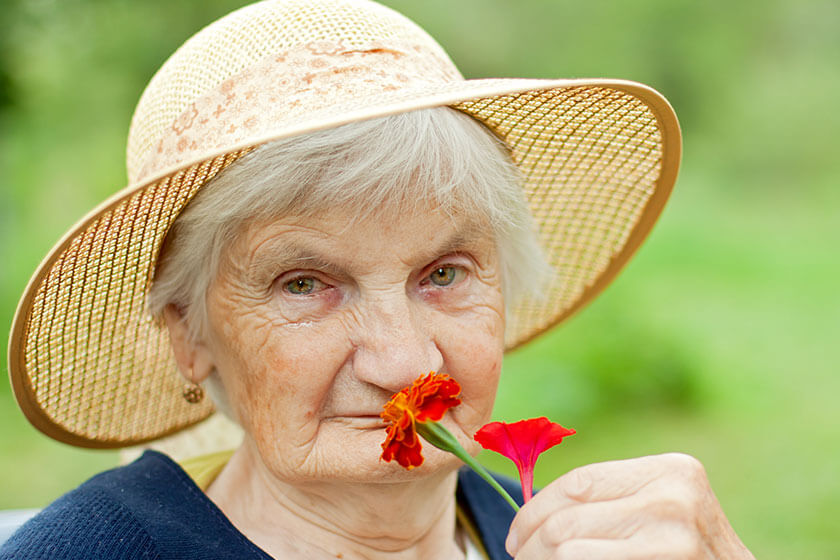Gardening has many physical and mental health benefits. It can help improve your stamina and strength, lift your mood, and reduce stress and anxiety. It is therefore an excellent choice of activity for individuals who have dementia. Gardening can provide them with sensory stimulation, improved sleep quality, and a sense of accomplishment.
Although gardening is an activity with relatively low risk, there are still safety matters that need to be addressed when your loved one is working in the garden. Read on for six safety tips for gardening with dementia.
Ensure Safety of Tools
Before your loved one embarks on their gardening quest, ensure that all tools and equipment used are safe. Many gardening tools have sharp points and edges, and these are not suitable for people with dementia, where cognitive deterioration can prevent them from taking the necessary precautions when using such tools. Choose tools with rounded edges and larger handles for easier handling.
Select the Right Types of Plants
People with dementia may not be able to distinguish between safe and unsafe plants. It’s not unusual for some of them to mistake plants with attractive looks and fragrances for food and try to eat or taste them. This is especially true for plants with brightly colored leaves and fruits. For the safety and well-being of your loved one, make sure that all the plants used in their gardening are non-toxic.
Drink Enough Water
It is important to drink enough water when gardening, especially on a hot day where they may lose a lot of fluid through perspiration. This can increase the risk of dehydration. People with dementia often do not remember that they need to drink water, so do remind them to drink enough water. Instead of open cups or bottles made from glass, provide them with a large, non-breakable bottle of water so that they can have frequent water breaks.
Take Good Sun-Safety Precautions
Outdoor gardening exposes your loved one to the heat and harmful UV rays of the sun. Therefore, it is important to practice sun safety by wearing large-brimmed hats to shield their face. Using a suitable sunscreen helps protect their skin from sun-skin damage. Where possible, avoid gardening during mid-day when it is the hottest as the sun will be at its peak. It is best to schedule their gardening sessions in the morning or late afternoons.
Consider Container Gardening
Instead of growing plants in the ground, consider having your loved one grow plants in containers such as pots. Use beautiful and unique pots to make container gardening more interesting for your loved one. To ensure safety, use smaller and non-breakable containers. Instead of placing pots low on the ground, raised beds are physically safer for them. Consider vertical garden containers and planters with galvanized steel troughs. If these are not possible, place smaller plant containers on a table outdoors.
Allow Breaks for Rest
As with any physical activity, rest is important. People with dementia often have mobility challenges, so they will need ample rest in suitable locations such as a shaded area in the garden with seats or benches. When you ensure the well-being and safety of your loved one with dementia, gardening or any activity can be safe and beneficial for them.







